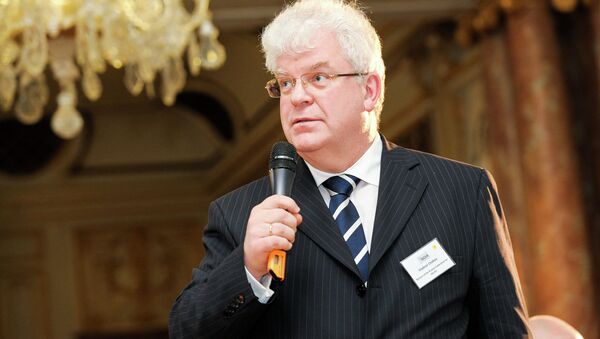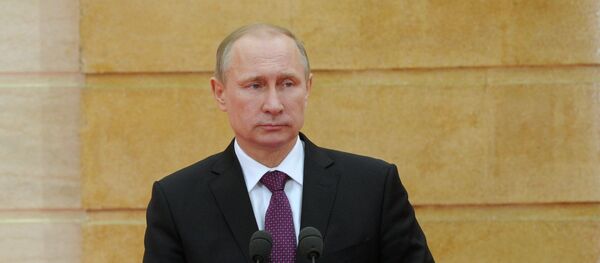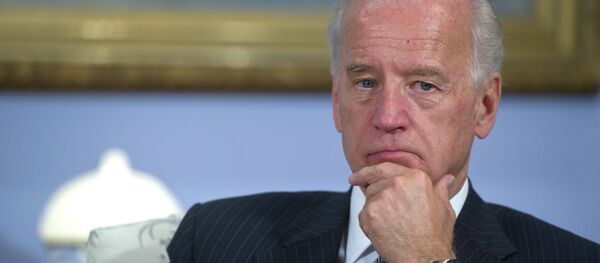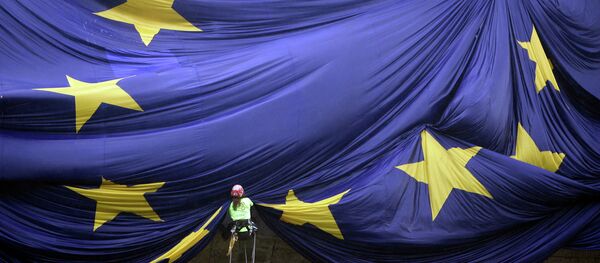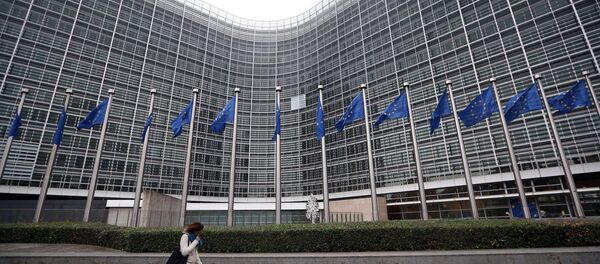"It would be more logical to warn the sides of the conflict, if someone has to be warned of responsibility at all," Chizhov told reporters commenting on the results of the Thursday informal summit of EU leaders in Brussels.
"To be more precise, the warning has to be addressed to Kiev and self-proclaimed republics in eastern Ukraine rather then to Russia, which, along with Germany and France, made titanic efforts to find political solutions to the Ukrainian crisis in Minsk.
On Wednesday, Russian President Vladimir Putin traveled to the Belarusian capital Minsk to discuss a ceasefire agreement for Ukraine with its President Petro Poroshenko, France's President Francois Hollande and German Chancellor Angela Merkel. The crunch talks, which lasted for 16 hours, led to a new 13-point peace plan that outlines steps for reconciliation.
Following the talks, US State Secretary John Kerry warned that Washington would judge the implementation of the new Minsk accords by Russia's actions. He said the United States could roll back painful sanctions against Moscow if the ceasefire held.
Similar calls came on Friday from Germany, France and Finland. Earlier in the day, President Hollande suggested that Normandy Four leaders hold a phone conference in a week to assess the implementation of the Minsk deal.
Expansion of the EU Blacklist Will Hamper the Implementation of Minsk Peace Plan
Chizhov also said that the planned expansion of the EU blacklist over Ukraine will discourage the sides of the Ukrainian conflict from implementing provisions of new Minsk agreements.
"It will not only give a signal to the Russian public opinion and force Russia to return to our own blacklists in response, but will also discourage the sides of the conflict, and I mean both sides, from actively implementing the provisions of the Minsk documents," Chizhov said.
Moscow has repeatedly called the sanctions counterproductive and has taken an active stance in resolving Ukrainian crisis.
On Thursday, following the 16-hour Minsk talks on Ukrainian reconciliation between leaders of Ukraine, Russia, France and Germany, a number of European countries said that the implementation of Thursday's deal will become a touchstone defining the sanctions policy toward the country.

